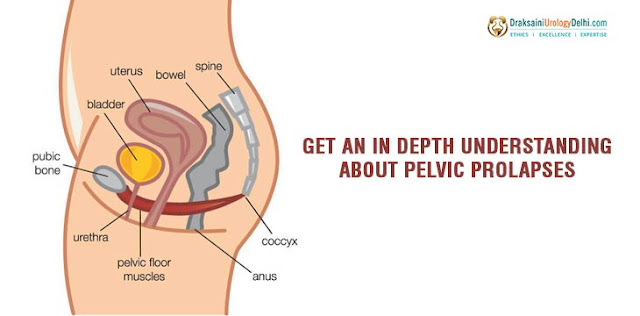Learning About Urologist & Why Should You Meet One

A urologist is a health expert who examines and treats ailments of the urinary tract. Urologists can carry tests, do surgery, and help settle any problems that a subject may be owning with urination. Urologists handle the kidneys, ureters, bladder, urethra, and adrenal glands. They can also manage some male reproductive organs that are correlated to the urinary tract. Urologists handle a mixture of ailments. Some of the most popular include Kidney Cancer, Prostate problems, Erectile dysfunction, Infertility, Kidney diseases, Kidney stones, Urinary tract infections, Varicoceles and Painful bladder syndrome. When Should You Meet A Urologist? More and more events are coming up that point towards an accessible urological query, but a general medical practitioner does not suggest the patient to a urologist as the signs and symptoms do not appear to be sober. Why remain till the disease reveals itself pain stakingly. Maybe it’s time you permit go of all difficulties and ...





